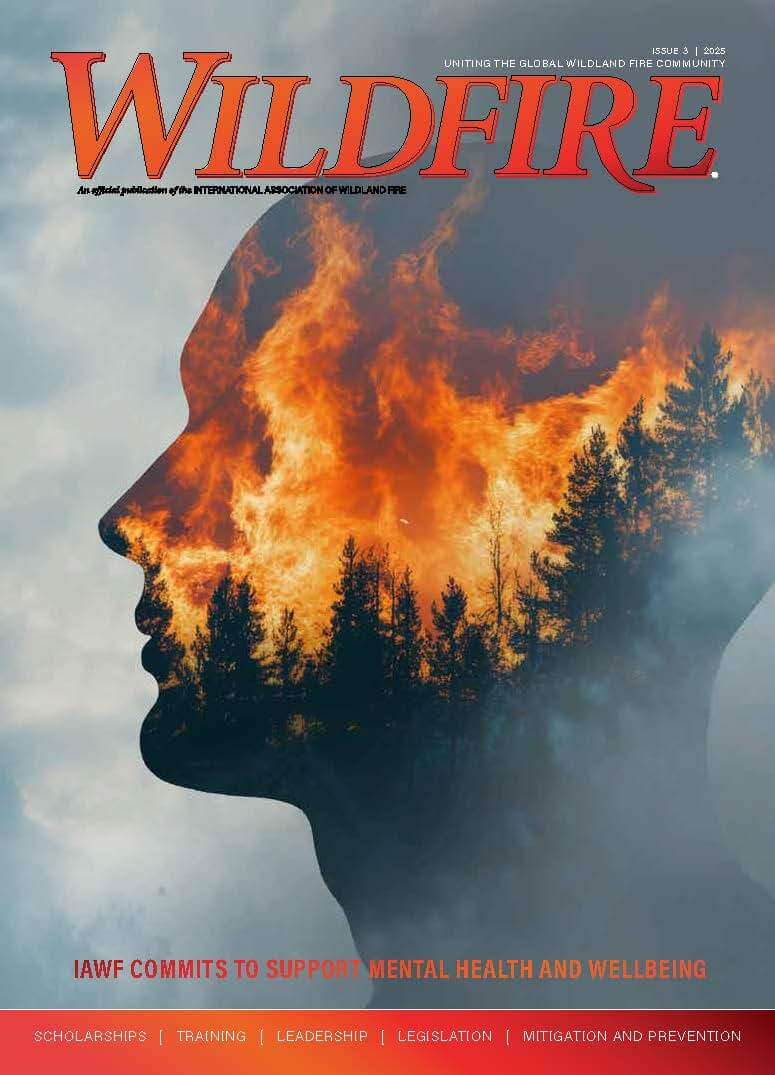Home | Venue & Travel | Program Schedule | Workshops | Field Trips | Sponsor/Exhibit | Registration | Contact Us
The International Smoke Symposium aims to address a variety of wildland smoke related issues, through topics that relate to methods for tracking, modeling and inventory, social implications, health implications for the public and firefighter communities, communication, current and future research needs, and practical field management and response techniques for smoke.
Purpose:
The purpose of this symposium is to provide an educational and instructional forum that brings together air quality experts, fire professionals, health scientists, and smoke specialists from the research community, non-governmental organizations (NGOs), and local, state, federal, and tribal agencies. More than half of the program is intentionally structured as a planned and organized exchange of information between presenters and participants, meeting the formal definition of training and ensuring meaningful dialogue, skill development, and knowledge transfer.
The content of the conference is directly germane to improving individual and organizational performance, supporting participants in strengthening their technical understanding, operational decision‑making, and collaborative practices. Development benefits will be derived through employee attendance, including enhanced professional competence, exposure to current research and applied science, and improved capacity to address the air quality and public health impacts of wildland fire smoke.
Objectives:
- Create an international forum to discuss complex smoke issues surrounding both wildland and agricultural fire.
- Identify research gaps and priorities for smoke science and air quality communities to address and meet contemporary challenges regarding domestic and international smoke impacts, public health, transportation safety, and fire personnel health and safety.
- Increase awareness of ongoing smoke science research for professionals engaged in fire activities, air quality management, resource stewardship, military land-use activities, public health and emergency services.
- Provide innovative training opportunities for managers and operational professionals through a virtual platform.
- Showcase contemporary science and technologies to promote pioneering management and policy strategies including emerging knowledge of smoke monitoring and sensors, pyroaerobiology and ecological effects of smoke.
- Raise awareness of the global diversity of approaches, issues, ideas and mitigation strategies in fire behavior and smoke management as well as response as they pertain to ecological concerns, social perceptions, health and economic issues
International Smoke Symposium History
- 2013 – Maryland: The inaugural International Smoke Symposium set a high standard for combining in-person and virtual engagement, attracting global participation.
- 2016 – Long Beach, CA: Building on that success, the second symposium further demonstrated the power of virtual connectivity to unite international attendees.
- 2020 – Fully Virtual: In response to the pandemic, the third symposium transitioned swiftly to an entirely virtual format, thanks to strong sponsor and community support. It was a resounding success.
In 2026 the symposium will be held in person at the new Leigh Perkins Conservation Education Center in Tallahassee, Florida as well as virtually, and will bring together researchers from the atmospheric sciences, the ecological sciences, statisticians, computer sciences, forecasters/climatologists, social scientists, health scientists, public health professionals, technology developers, smoke responders and others to discuss the complex issues of wildland fire smoke and identify knowledge and policy gaps and opportunities for innovation and development.
The symposium format includes:
- Pre-symposium workshops
- Three conference streams across three days, offered in person and virtually.
- One day of field trips
- An exhibition for new innovations, products and services
